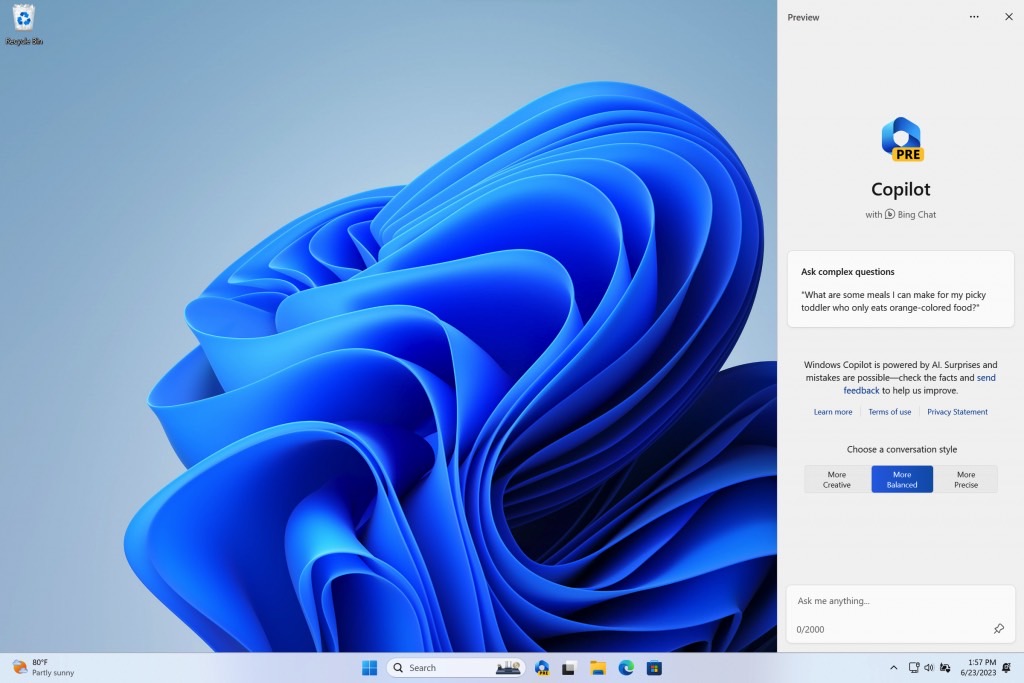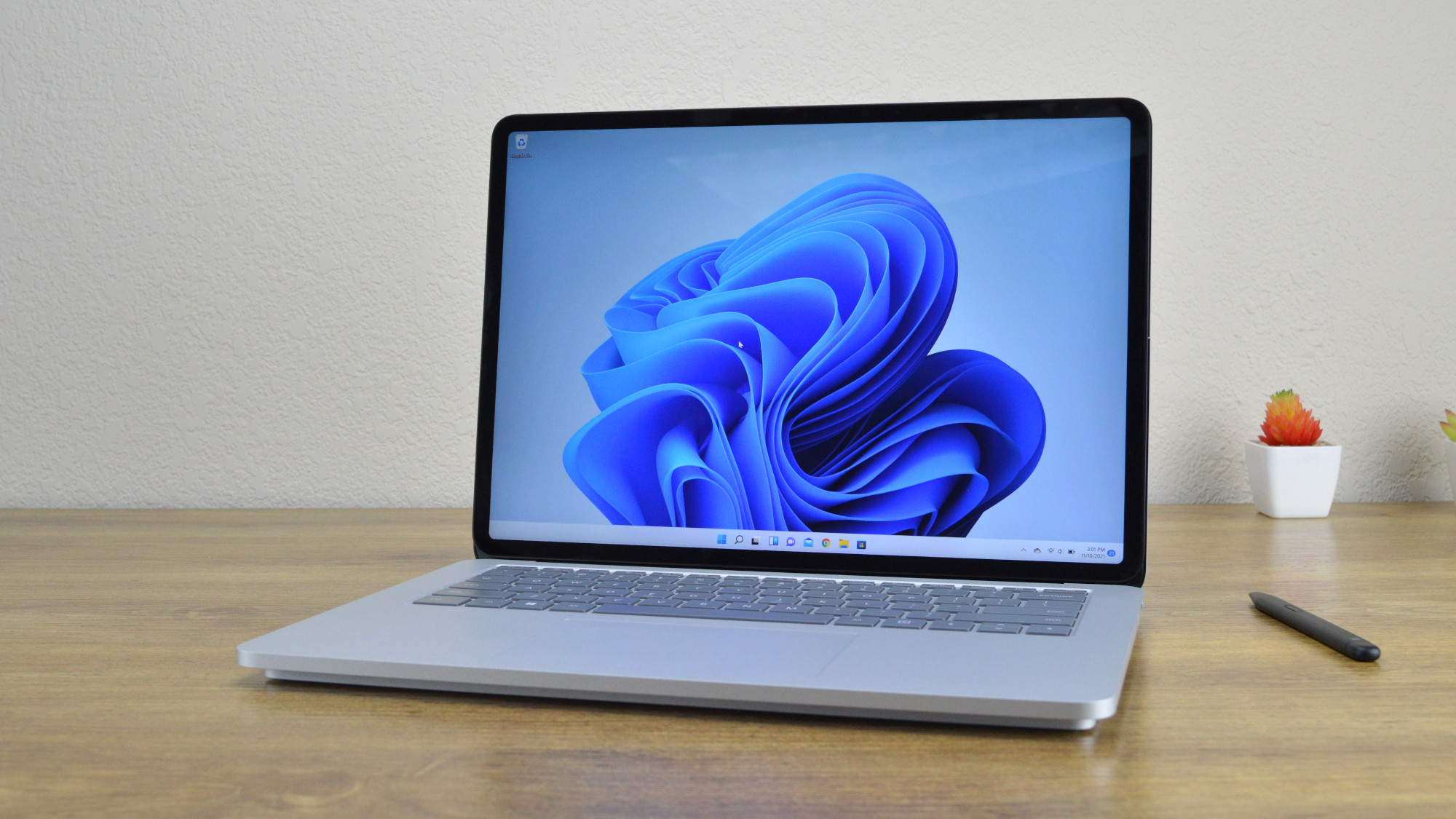Microsoft might skip Windows 12 release in favor of a new approach to updating Windows
Rumors of a Windows 12 release have been spreading for a few months now, with some even claiming that the Windows 12 update would arrive as early as 2024. However, a new exclusive report from well-known Windows leaker Zac Bowden says that Windows 12 might not happen at all. In fact, Microsoft could completely change how it approaches OS updates going forward.
Bowden still stands by the ongoing reports that Microsoft is gearing up to ship a major new release of the Windows OS. That new version is currently codenamed Germanium. However, Bowden says that the big update most likely won’t be released as Windows 12. Instead, it could go by a different branding to try to help keep the user base from becoming even more fragmented.
Windows 11 has been out since October of 2021. However, only 400 million of the current 1.4 billion Windows users are running the new operating system. Many haven’t switched due to being unable to meet the new security requirements Microsoft put into place, and others don’t feel Windows 11 is fully optimized just yet. Introducing Windows 12, as reports indicate could happen in 2024, in this current setup would indeed fragment things even more.

And while Microsoft has announced an end-of-life date for Windows 10, the company also announced paid security updates that will last until 2028, so many people won’t be in a hurry to upgrade anytime soon. Nevertheless, Bowden says that the Hudson Valley OS (which is the current codename for Windows 12) will be considered a new version of Windows internally. All that’s left to do is figure out how Microsoft plans to brand it and market it.
Included in these new Windows 12 reports, though, are also reports of big changes to the Windows roadmap. Under ex-Windows chief Panos Panay, Windows switched away from its annual upgrades, instead focusing on releasing major new updates every few years, with big feature drops scattered throughout.
Now, though, Bowden says Microsoft leadership is returning to its old way of doing things. That means we can expect just one big feature update a year instead of smaller ones throughout. This could, of course, lead to further fragmentation of the user base, especially if Microsoft doesn’t offer a good way to support those on older operating systems. There’s still a lot of good hardware that doesn’t meet those annoying Windows 11 requirements, and whatever comes next isn’t likely to drop those requirements, either.
No matter where Microsoft decides to go with things, all the prevailing Windows 12 reports indicate that Hudson Valley, or Windows 12, or whatever Microsoft decides to call it, will take an even bigger approach to AI support within the Windows ecosystem. That means Microsoft will continue to push Copilot and all of the other AI-driven features it has introduced in the last few months.
For all the latest Technology News Click Here
For the latest news and updates, follow us on Google News.

